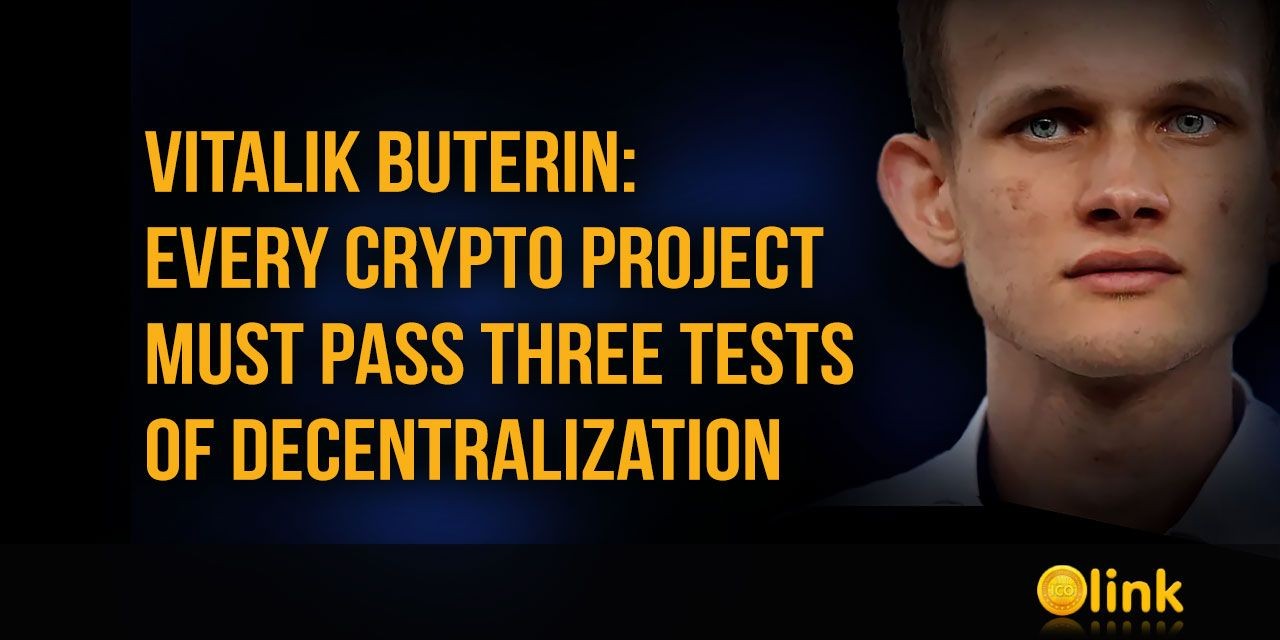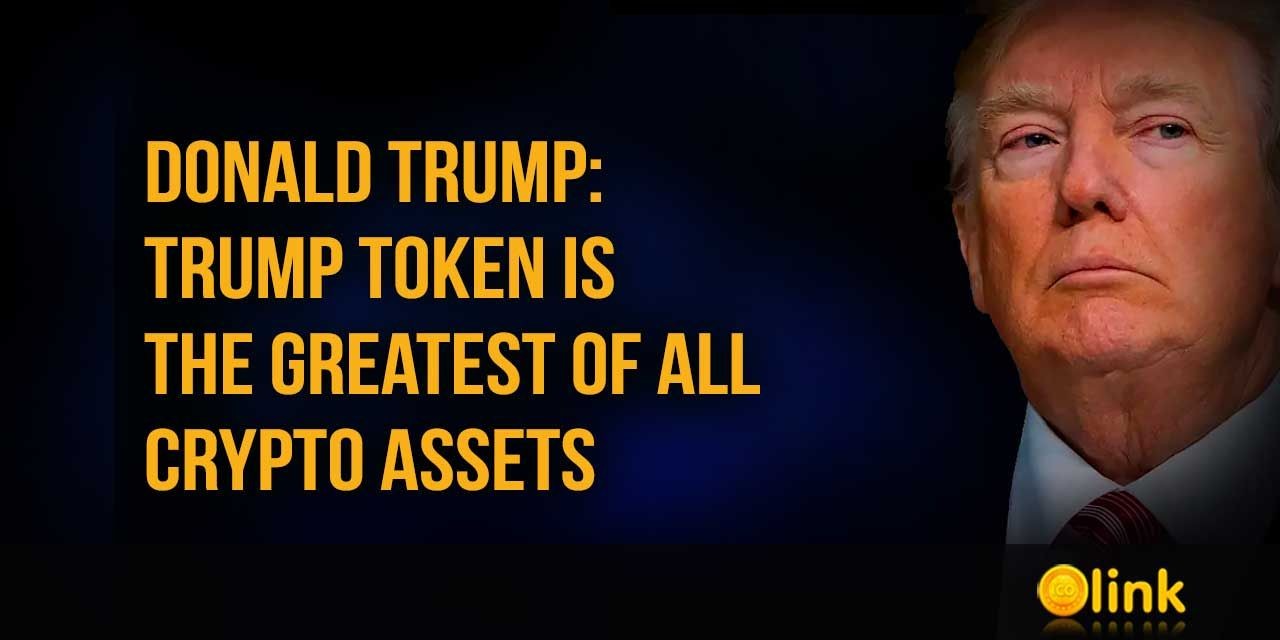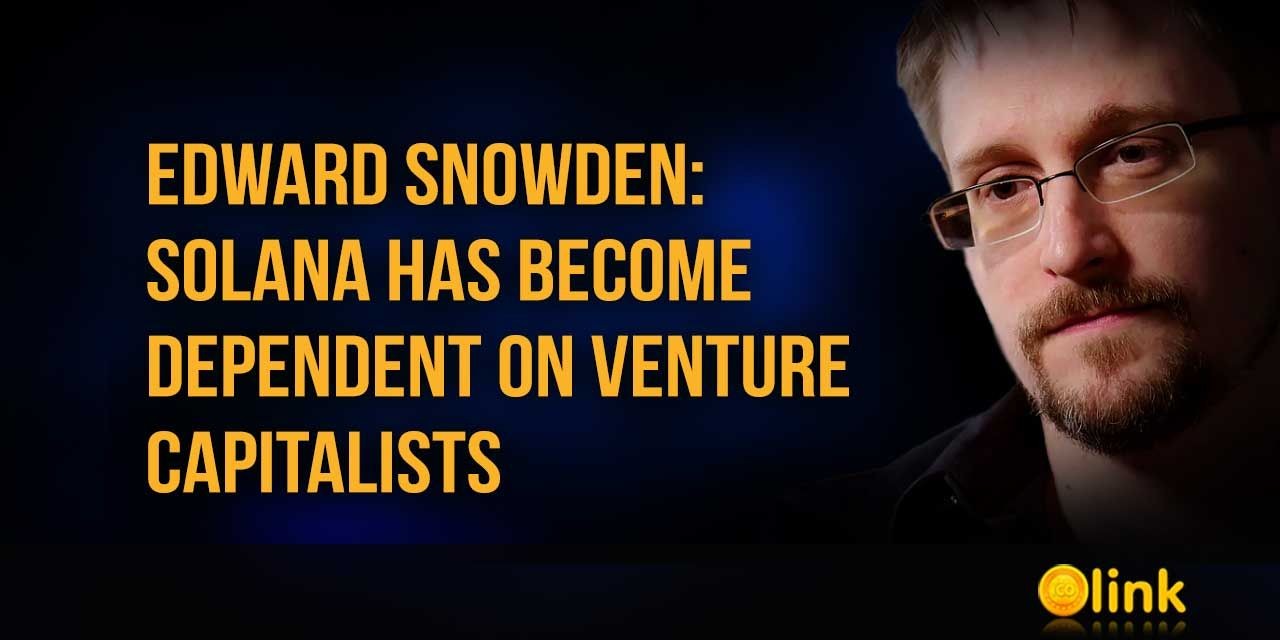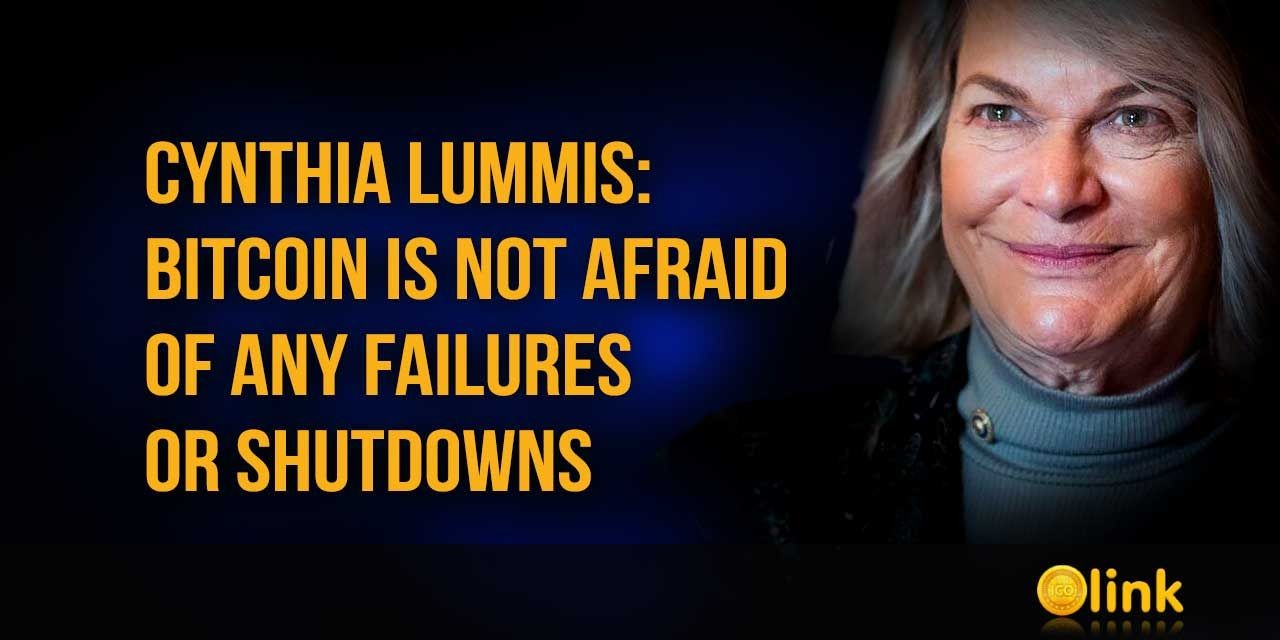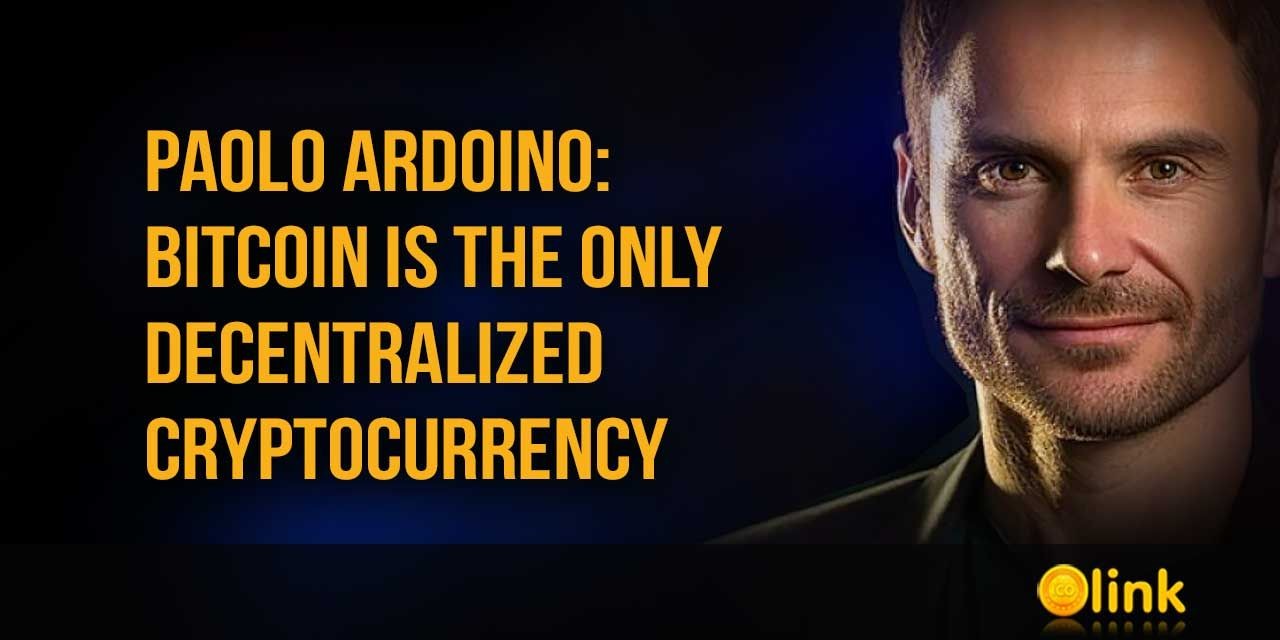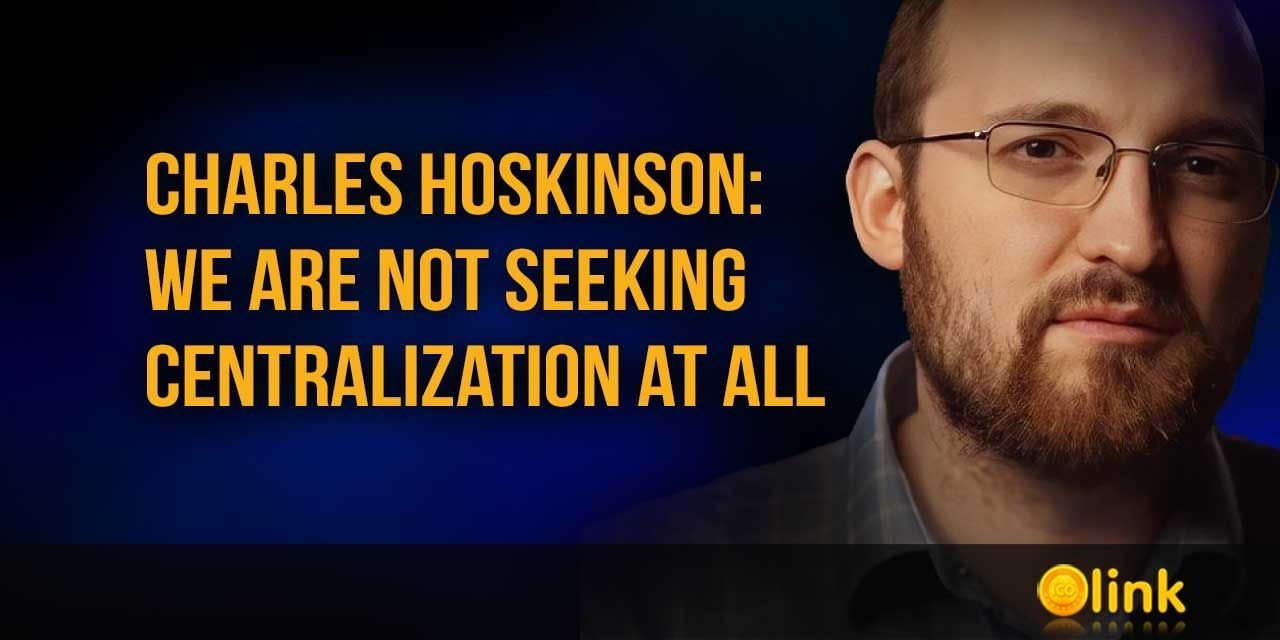decentralization
Here you will find all posts tagged decentralization
About decentralization ℹ️
Decentralization refers to the distribution of power, authority, or control away from a central authority or entity to a larger number of individuals or smaller organizations. In the context of technology and governance, decentralization typically involves the transfer of decision-making authority and resources to a network of participants rather than relying on a single centralized authority. In decentralized systems, decision-making and resource allocation are distributed across a network of nodes or participants, each of which operates independently and contributes to the overall functioning of the system. Decentralization can offer several benefits, including increased resilience, transparency, and censorship resistance. One of the most well-known examples of decentralization is blockchain technology, which underpins cryptocurrencies like Bitcoin and Ethereum. In a blockchain network, transactions are recorded on a distributed ledger that is maintained by a network of nodes, or computers, rather than a central authority. This decentralized structure ensures that no single entity has control over the entire network, making it resistant to censorship and tampering. Decentralization can also be applied to other areas beyond technology, such as governance, finance, and social organization. Decentralized governance models, for example, empower individuals and communities to participate in decision-making processes directly, without the need for intermediaries or central authorities. Decentralized finance (DeFi) platforms enable peer-to-peer financial transactions and services without relying on traditional financial institutions. While decentralization offers numerous advantages, it also presents challenges and trade-offs. Decentralized systems can be slower and less efficient than centralized ones, and they may require more coordination and consensus among participants. Additionally, decentralization can introduce governance challenges and regulatory complexities, particularly in highly regulated industries. Overall, decentralization represents a fundamental shift in how power and authority are distributed and organized. As technology continues to evolve and society grapples with issues of trust, transparency, and control, decentralization is likely to play an increasingly important role in shaping the future of governance, finance, and technology.
